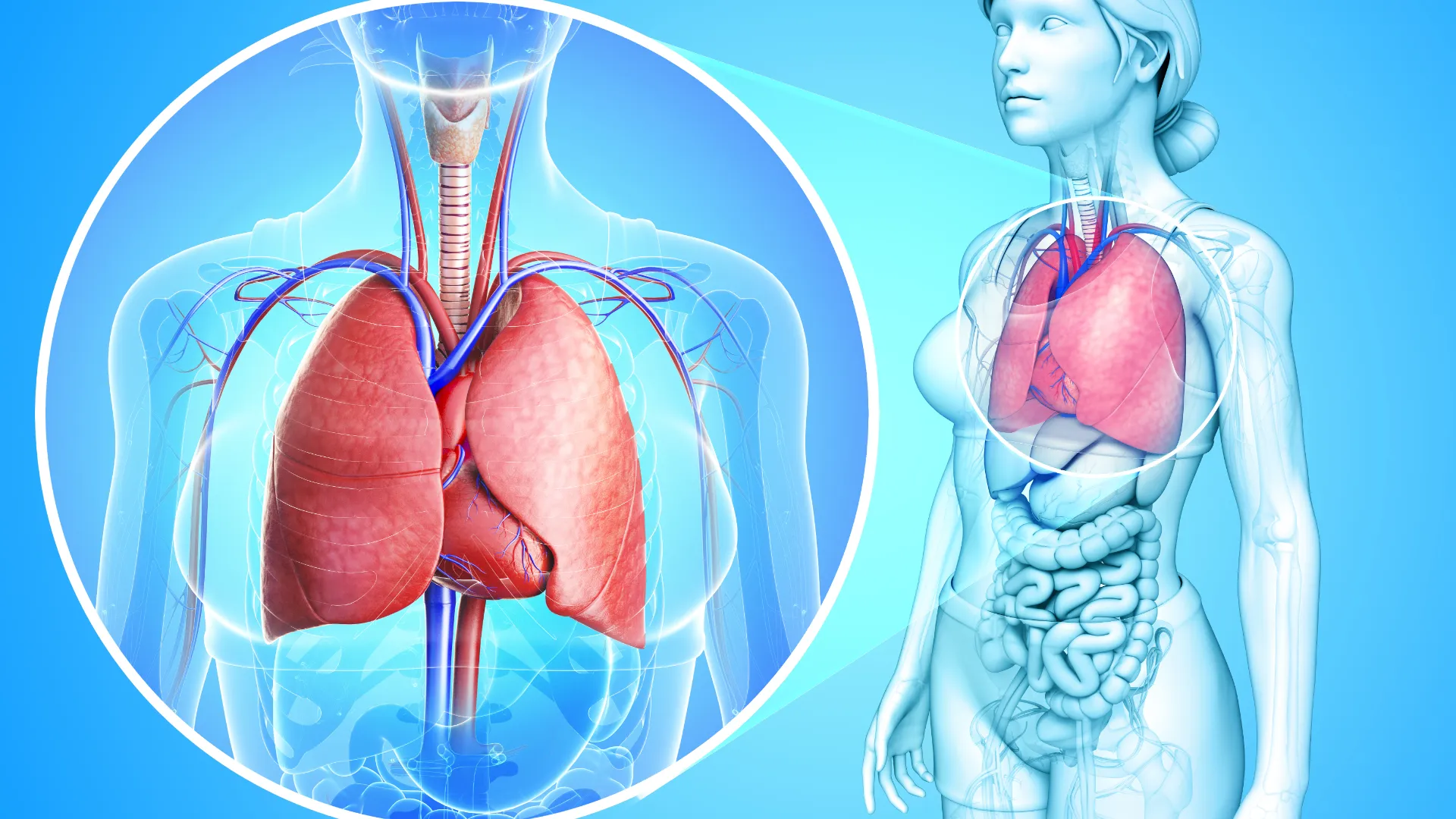Mesothelioma is a challenging disease with a range of symptoms that can significantly impact the quality of life for those affected. Understanding these symptoms and the palliative treatments available is crucial for patients and their caregivers. From pain management and breathing support to emotional and psychological care, exploring these options can provide valuable relief and support. In this blog post, we’ll delve into the various palliative treatments for mesothelioma symptoms, offering valuable insights into symptom management and overall well-being for patients.
Understanding Mesothelioma Symptoms
Mesothelioma is a rare and aggressive type of cancer that affects the mesothelium, the protective lining of the internal organs. Recognizing the symptoms early on is crucial for prompt diagnosis and intervention. Here are the common symptoms:
- Pleural Mesothelioma Symptoms:
- Chest pain
- Persistent cough
- Shortness of breath
- Fatigue
- Unexplained weight loss
- Peritoneal Mesothelioma Symptoms:
- Abdominal pain and swelling
- Changes in bowel habits
- Nausea and vomiting
- Unexplained weight loss
- Fatigue
- Pericardial Mesothelioma Symptoms:
- Chest pain
- Irregular heartbeat
- Difficulty breathing
- Fatigue
- Fever and night sweats
- Testicular Mesothelioma Symptoms:
- Testicular swelling or lumps
- Pain or discomfort in the testes
- Fluid buildup in the scrotum
It’s important to note that these symptoms can be indicative of other less severe conditions, which is why a comprehensive examination and diagnostic process are essential.
Key Points to Remember
- Mesothelioma symptoms can vary depending on the type and stage of the disease.
- Early recognition of symptoms is critical for timely diagnosis and treatment.
- Consultation with a healthcare professional is necessary to confirm mesothelioma diagnosis and formulate an appropriate treatment plan.
By being aware of these symptoms and seeking medical attention promptly, patients and their healthcare providers can work together to facilitate the diagnosis and subsequent treatment of mesothelioma.
Types of Palliative Treatments
When it comes to managing mesothelioma symptoms, palliative treatments play a crucial role in improving the patient’s quality of life. These treatments are focused on providing relief from the symptoms and side effects of the disease, without aiming to cure it. Here are some of the primary types of palliative treatments used for mesothelioma patients:
- Medication: Symptom management often involves the use of medications to alleviate pain, reduce inflammation, and manage other symptoms such as nausea and shortness of breath. These medications may include pain relievers, anti-inflammatory drugs, and anti-anxiety medications.
- Radiation Therapy: This treatment can help shrink tumors and alleviate symptoms such as pain and breathing difficulties. By targeting specific areas of the body, radiation therapy can effectively reduce the impact of mesothelioma on the patient’s daily life.
- Chemotherapy: While chemotherapy is often known for its role in treating cancer, it can also be used as a palliative treatment to ease symptoms and slow down the progression of mesothelioma. It helps in reducing the size of tumors and managing symptoms such as pain and fluid buildup.
- Surgery: In some cases, surgical procedures may be used as palliative treatments to alleviate symptoms and improve the patient’s comfort.
